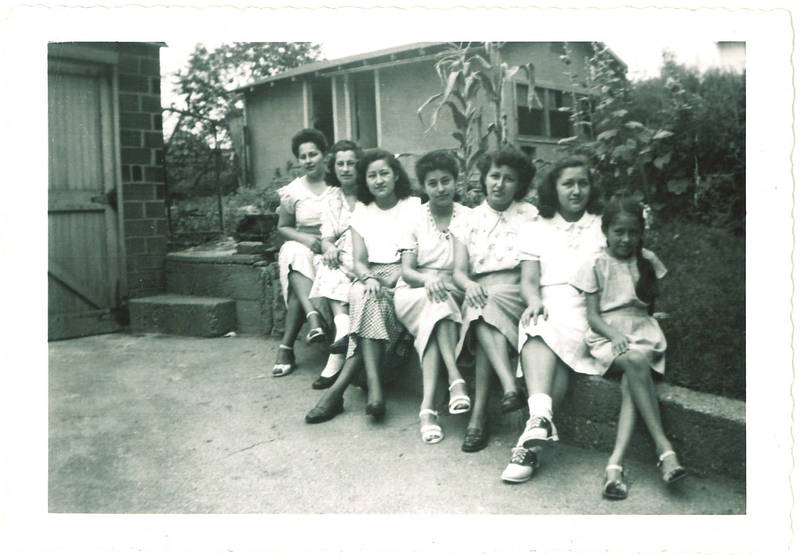The following is part two of our recap of our November 9th event, the Mujeres Latinas Project. In this post, we recap the Q&A session with Janet Weaver, Assistant Curator, Iowa Women’s Archive (IWA). If you missed the event, please check out the first blog post and event recording. The Migration is Beautiful website, related to the project, is also a treasure trove of materials.
When asked about the biggest challenges in processing and maintaining this collection, Weaver confirmed what we often hear from archivists: resources and time. The centerpiece of the collection is the 112 oral histories, with around 30 Spanish-language interviews. Weaver shared that the time required to transcribe the interviews took much longer than recording the interviews, and the IWA has just recently finished transcribing the interviews collected from 2005 through 2007, allowing them to publish the collection finding aid, increasing access and awareness of the collection.
As part of an academic institution, the 3-person archives team are expected to teach classes, respond to reference requests, and manage the special collections. To help with backlog, the IWA is greatly assisted by graduate students – often from the UI MLIS program student workforce or bring in additional help for special projects such as the Mujeres Latinas Project.
As an active collection, acquisitions for the Mujeres Latinas Project are focused on documents and ephemera rather than museum-type items which require a different approach to processing and preservation. With a few exceptions, IWA also prefers to acquire materials in their original, non-digitized form and use their internal resources to digitize the materials to ensure they meet archival standards.
When presented the question, “is the associated metadata on the records in English, Spanish, or both?,” Weaver was pleasantly surprised and impressed. The answer is that the metadata is currently only in English, but that it would make sense for it to include the equivalent terms in Spanish, and until that moment, was something Weaver had never considered.

One of the highlights of the Q&A was the discussion about finding oneself in the archives and the importance of outreach. Weaver shared that she was excited to present the story of Iowa’s Latinas to people beyond Iowa, because history takes on a deeper meaning when you can think about it in the context of your own experience. As Weaver elegantly stated, “we are all migrating constantly and there are connections everywhere, it is a richer world when we are talking to each other.”
Weaver is also focused on integrating the migration stories of Iowa’s LatinX population into K-12 curriculum. Using collection resources, students can learn more about immigration in their own communities and potentially, their own families. A near-term goal for Weaver is to add a “Teaching Resources” topic to the Migration Is Beautiful website, connecting teachers with the collection and providing lesson plans that use the collection to teach the story of immigration.
Looking towards the future, the IWA recognizes that Iowa is in the middle of the next chapter in its LatinX story and encourages the community to save their papers, so those stories can be reflected in history. IWA is coordinating with the Iowa Labor History Oral Project to collect interviews documenting the exploitation of LatinX packinghouse workers during the current pandemic and continues to work with the Iowa League of United Latin American Citizens (LULAC).
As my MLIS journey comes closer to an end, I find energy and inspiration in stories like the Mujeres Latinas Project, and in LIS professionals like Dr. Weaver. Giving voice to silenced and underrepresented communities is necessary and urgent work, and as MLIS or MARA students, it is our responsibility to acknowledge and address.
If you would like to learn more about IWA or the Mujeres Latinas Project, you can contact Janet Weaver here.